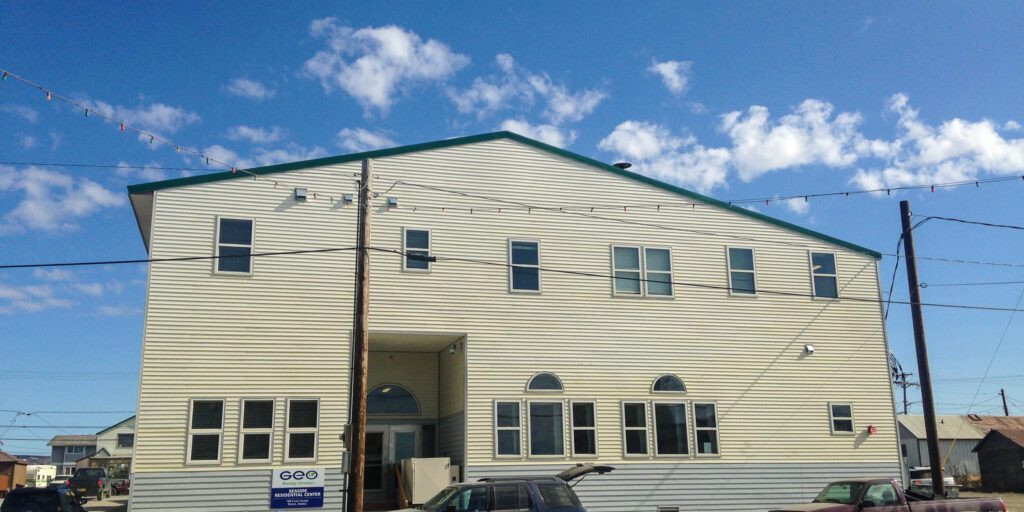At the end of November, the Nome City Council held a public work session and regular meeting to discuss amending the Nome Code of Ordinances to allow sex offenders to be housed at Seaside if they are actively receiving treatment.
The debate continues, as various individuals and entities continue to weigh in on this complex issue:
Although she wasn’t featured in this Profile (audio), Nome resident Melissa Ford spoke out against housing sex offenders at Seaside during the City Council’s November 27th regular meeting and then posed these questions. They are presented, below, as a counterpoint to the voices advocating for sex offender housing at Seaside in the Profile.
“How many major incidents have been reported at the Seaside center in 2015 and 2016?”
“There’s only one full time vacancy and two part-time vacancies at Seaside advertised, so does that mean that Seaside currently operates a full staff?”
“How is it proposed that sex offenders will be housed? Will they be separate from other offenders? How will visitation happen for young children or other guests of sex offenders?”
“Assuming most convicted sex offenders have committed crimes against females, what safety measures will be put in place to ensure safety of female staff, visitors, and contracted support staff?”
“Right now, DOC contract requires dedicated security staff of at least one male and one female. In 2016 and 2017, how many times was this requirement breached (at Seaside)?”
“What precautions will be put in place to keep nearby local residents safe?”
“What level of sex offenders, or what committed offenses would exclude offenders from being housed at Seaside?”
“If Seaside were to eventually have the only (State) approved sex offender treatment in Nome, would it be expected that Seaside would offer outpatient treatment services for offenders not residing at the center?”
“According to Nome Nugget reports, no offenders have escaped Seaside since 2013. From 2016-2017, how many residents have been returned to custody at Seaside for violations?”
“Also reported that despite Seaside’s capacity of 62, it has consistently had many open beds. Is this because there are no offenders at AMCC who are classified as community placement?”
“If there are offenders at AMCC that could be placed (at Seaside), why aren’t they?”
Some of Ford’s questions were addressed in this Profile, but not all of them.
Monday night, Nome’s City Council will deliberate on the ordinance to allow Seaside to house sex offenders who are actively receiving treatment and to allow released untreated sex offenders who are considered in transit to be placed temporarily at the facility.
The ordinance is in the second reading phase and will either pass, fail, or be postponed for a later vote after the December 11th regular meeting.
(Side note: Contrary to what was previously publicized, Behavioral Health Services with NSHC will not be providing sex offender treatment services. Cathy Hall, an employee with BHS, is seeking to become a preferred provider with the Department of Corrections to give sex offender treatment; however, Hall is doing so as an individual, not through the Behavioral Health Services department.)
Image at top: The Seaside Center is owned and operated by Geo Reentry Services, which purchased and renovated the new facility for more than $4 million. Photo: Laura Kraegel, KNOM.




